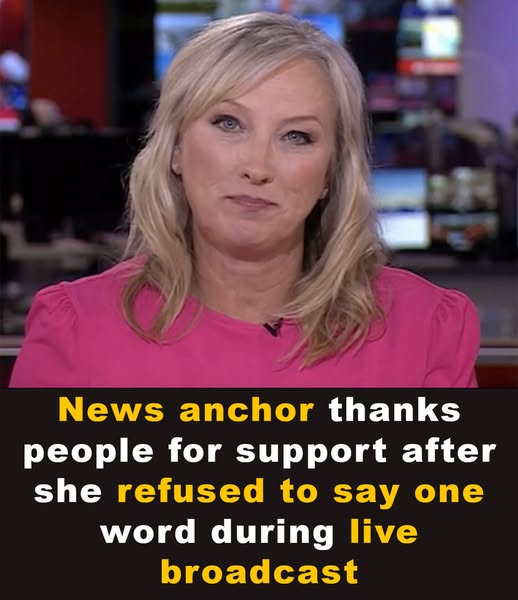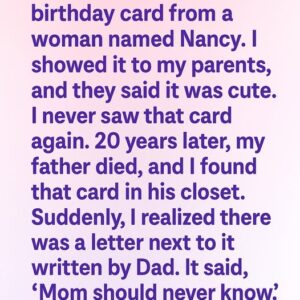
BBC presenter Martine Croxall made headlines after altering the language on a teleprompter during a live broadcast. While reporting on a study about heat-related health risks, Croxall encountered the term “pregnant people” and chose instead to say “women,” adding a visible moment of hesitation and facial expression that suggested disapproval. Her subtle yet deliberate change quickly drew widespread attention online.
The decision ignited both support and criticism. Supporters praised Croxall for standing by what they saw as biological clarity in language. Among them was J.K. Rowling, who wrote on social media that Croxall had become her “new favourite BBC presenter.” However, critics viewed Croxall’s change as undermining efforts toward gender inclusivity, particularly for non-binary and transgender individuals who may also experience pregnancy.
Croxall, a long-time BBC journalist since 1991, has not shied away from expressing her stance on gender issues. In a past exchange with a transgender activist, she stated that “sex is binary and immutable.” Her recent on-air decision is consistent with these views and has intensified her visibility in the broader culture debate taking place in the UK.
Following the broadcast, Croxall took to social media to thank new followers and acknowledge the moment’s impact. She hinted that her deviation from the script could prompt internal discussions at the BBC, stating she is “braced for any conversations the bosses might want to have.” Whether disciplinary action follows remains to be seen.
This incident reflects ongoing tensions in public discourse over gendered language. It raises complex questions about free speech, editorial judgment, and how institutions like the BBC navigate controversial social issues. What began as a small edit on live TV has since sparked a national conversation on language, identity, and the role of media professionals in shaping public narratives.





